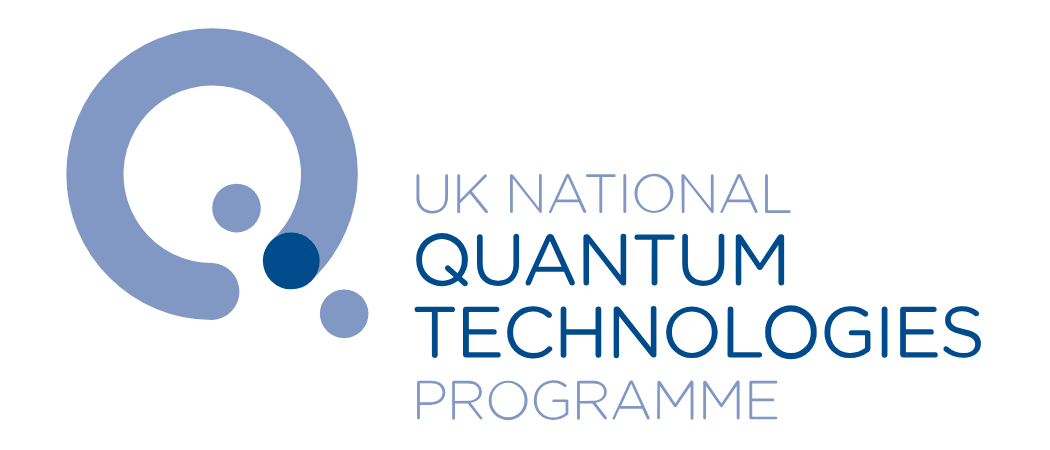The UK’s first 10-year quantum technologies programme comes to an end this year, and companies are seeking guarantees about what comes next

Photo credits: UK National Quantum Technologies programme website
The UK was one of the first countries to adopt a national quantum strategy, launching a ten-year £1 billion National Quantum Technologies programme (NQPT) in 2014, and as that reaches the end, there are now calls for a renewed commitment.
“The UK set the global standard for investment in quantum computing when it kicked off its national programme back in 2014. But the market is heating up, and the race to deliver a market-catalysing quantum computer is on,” Chris Ballance, CEO of quantum computing firm Oxford Ionics, told Science|Business.
“We’re at a critical tipping point. While the US and EU ramp up their investments to catalyse the quantum computing market in their countries, the UK cannot be seen to slow down. Through the UK’s early pioneering efforts, we have generated tremendous R&D…
Discover the latest in research funding every Tuesday with Funding Newswire. Dive into detailed articles with our monthly or yearly subscriptions or start with a free trial
NOTE: if you're a part of one of our Network member organisations, you get free access by signing up with your institutional email. Verify your eligibility here.





 A unique international forum for public research organisations and companies to connect their external engagement with strategic interests around their R&D system.
A unique international forum for public research organisations and companies to connect their external engagement with strategic interests around their R&D system.